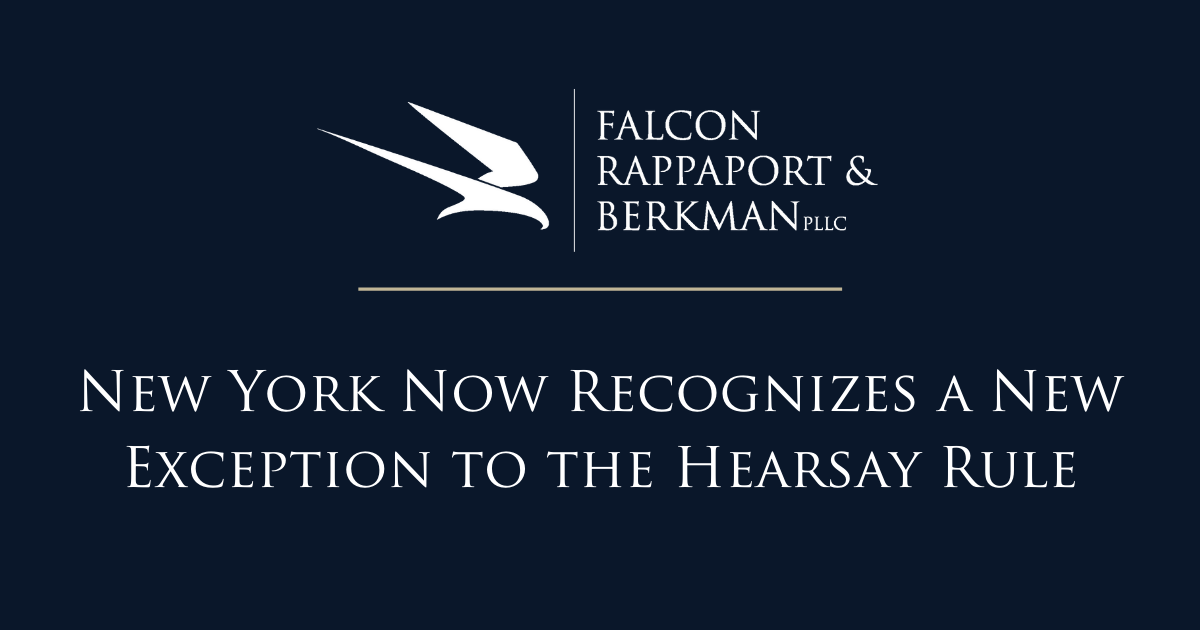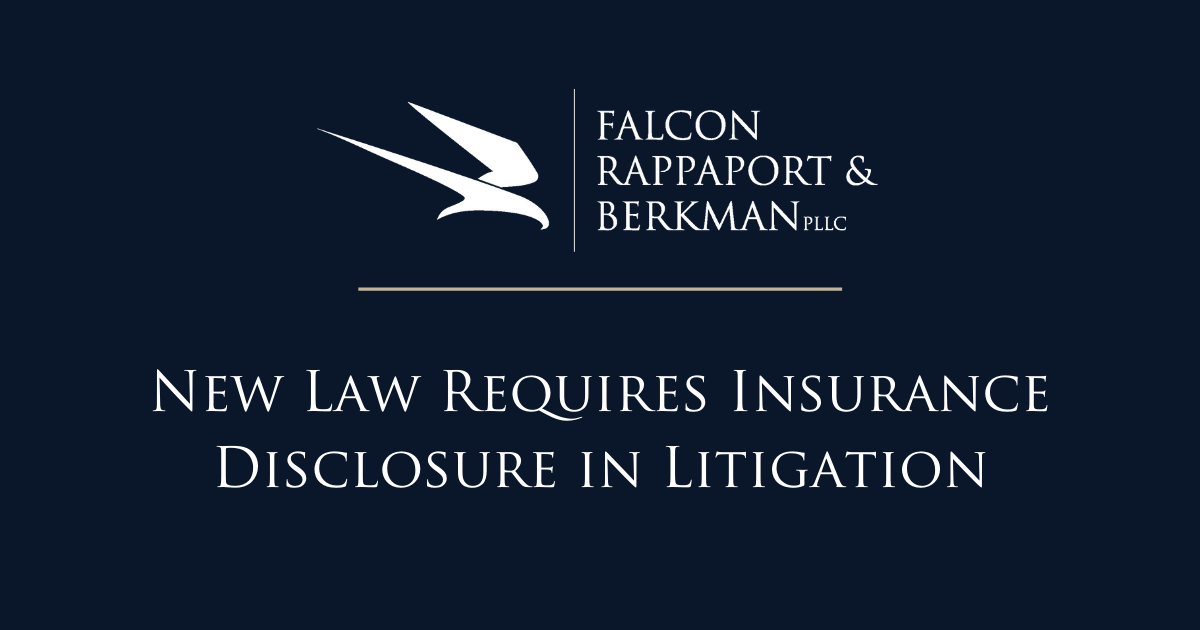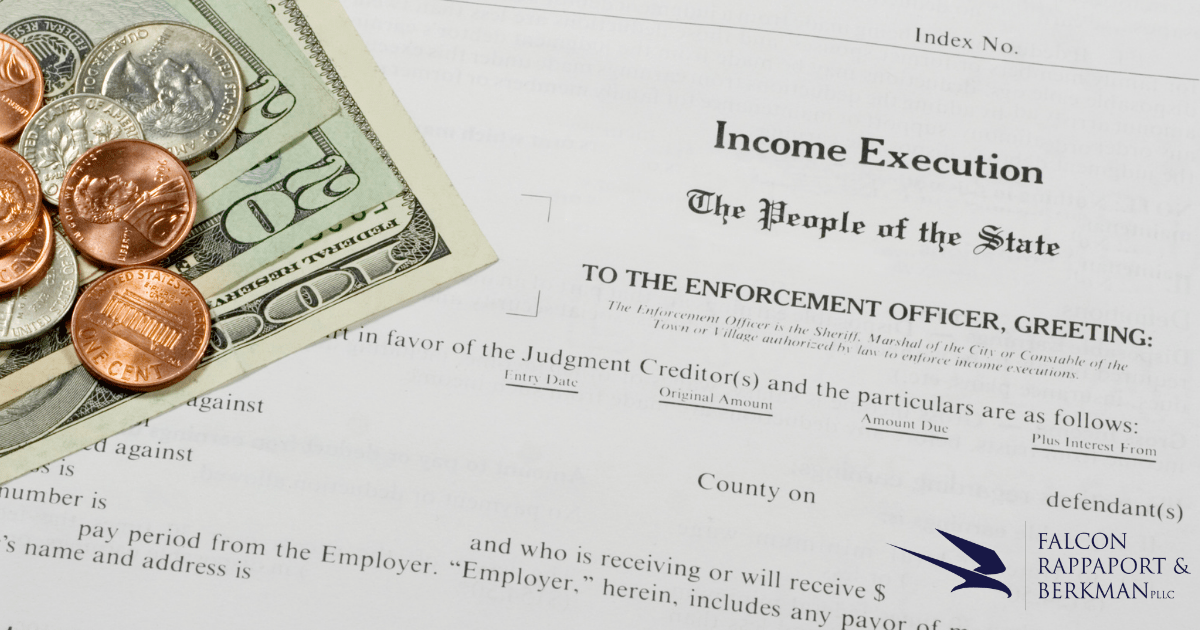Mark S. Mandel Joins Falcon Rappaport & Berkman as Partner in its Litigation & Dispute Resolution Practice Group
Jun 24, 2025
Falcon Rappaport & Berkman (FRB) is pleased to announce that Mark Mandel has joined the firm as a Partner in its Litigation & Dispute Resolution Practice Group. With over 20 years of experience in securities...










